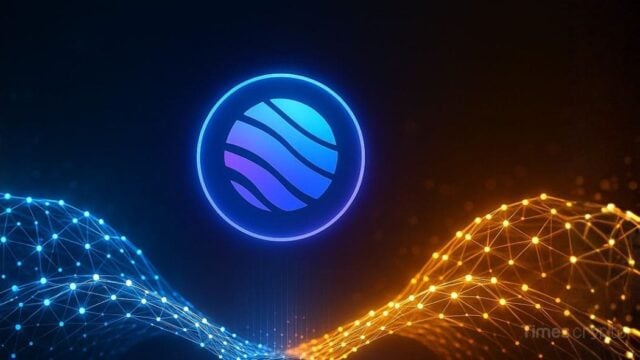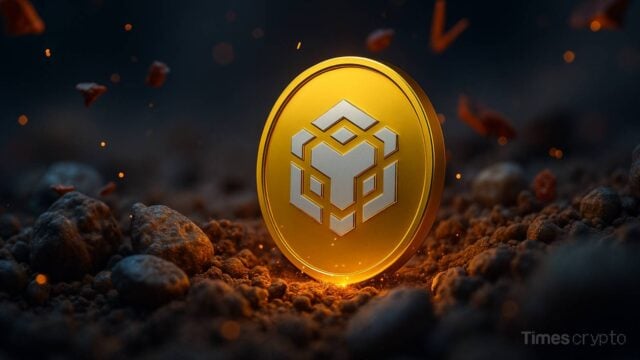Key Takeaways:
- Dubai launched MENA’s first tokenized property platform via Prypco Mint.
- The project is backed by key UAE regulators and Zand Digital Bank.
- Fractional investments start at AED 2,000 with plans for global expansion.
- Japan, Italy, and the U.S. have adopted tokenization in real estate, solar energy, and money market funds.
Dubai Land Department (DLD), in collaboration with Prypco, Dubai’s Virtual Assets Regulatory Authority (VARA), the Central Bank of the UAE, the Dubai Future Foundation (DFF), and Zand Digital Bank, has introduced the Middle East and North Africa’s first tokenized real estate investment initiative.
According to the official announcement, the pilot phase of the tokenized investment project went live on 25 May 2025 via Prypco Mint’s digital platform. The initiative, supported by multiple regulatory bodies and led by Prypco, enables UAE ID holders to invest in tokenized shares of Dubai properties, with Zand Digital Bank overseeing transactions as the project’s official banking partner.
The new project is part of a broader strategic collaboration between DLD, Prypco, and Ctrl Alt Solutions to develop a safer, more comprehensive framework for real estate tokenization. Through this platform, investors can acquire fractional ownership in ready-to-own Dubai properties starting from AED 2,000, with all transactions conducted exclusively in UAE Dirhams.
Furthermore, the platform will gradually expand beyond UAE residents to international investors, with additional tokenization platforms planned in subsequent phases.
From Concrete to Kilowatts: Tokenization Hits Every Sector
The global rise of real-world asset (RWA) tokenization is reshaping how investors interact with traditionally illiquid markets, ranging from physical real estate to renewable energy infrastructure. Beyond Dubai’s Prypco Mint, similar projects have emerged in Japan, Italy, and the U.S., highlighting the hidden potential of tokenization technology and accelerating the global adoption of real-world assets.
In Japan, financial giants such as Kenedix and SMBC Trust Bank have pioneered real estate tokenization by issuing security tokens backed by rental apartment portfolios. These digital assets represent fractional interests in real estate investment trusts (REITs), offering investors new access points to real estate market with improved liquidity and transparency.
Meanwhile, in Italy, energy leader Enel Group has partnered with crypto wallet provider Conio to tokenize solar panel ownership via the Algorand blockchain. This initiative enables Italian households to buy tokenized fractions of solar farms, allowing them to directly benefit from renewable energy production. Participants not only receive a return on investment but can also offset personal energy bills, effectively linking clean energy finance with household sustainability.
A similar push into essential resources is taking shape with LAKE (LAK3), a blockchain-based project seeking to transform the global water economy. Rather than tokenizing the physical water itself, LAK3 introduces a cryptocurrency to facilitate decentralized access and trading of water resources. Users can invest in water sources, secure allocations at fixed rates, and even donate or trade water digitally.
This wave of innovation doesn’t stop there. In the U.S., BlackRock has supported the tokenization of money market funds using public blockchain infrastructure, a move aimed at enhancing settlement speed and fund distribution.
While the global recognition of real-world asset tokenization is a relatively recent phenomenon, the movement has been underway for several years. Switzerland’s Sygnum Bank stands out as one of the earliest institutional adopters, having introduced tokenized fine art in 2021. Since then, the bank has extended its tokenization strategy to include collectible wines, allowing qualified investors to purchase fractional ownership in high-value physical assets.
These projects reflect a global shift toward asset democratization, driven by blockchain’s ability to simplify ownership, increase liquidity, and broaden access. As regulatory clarity improves and infrastructure scales, RWAs are poised to reshape multiple sectors, from construction and commodities to clean tech and culture.
Read more: China Hosts World’s First Humanoid Robot Boxing Match







